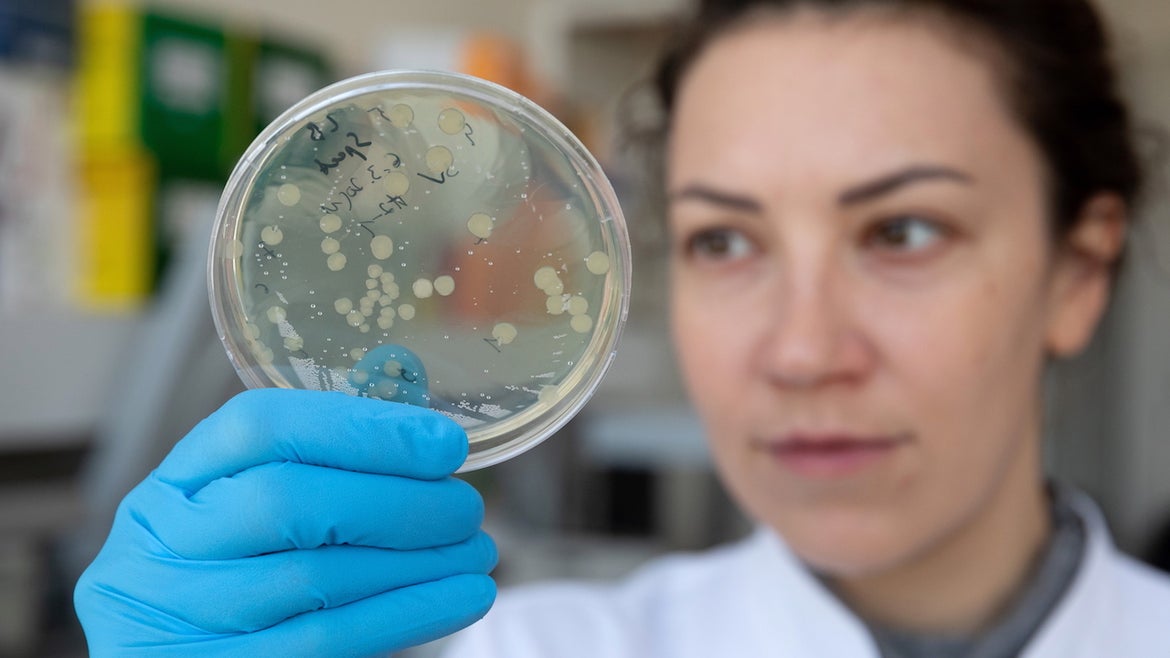Thankfully, donovanosis cases are rare compared to other STDs and STIs, but numbers are still rising.
Warning for anyone residing or passing through the United Kingdom: A "flesh-eating" sexually transmitted disease is spreading through the region, according to Birmingham Mail.
"Figures suggest that donovanosis - which was previously thought to be restricted to places including India, Brazil, and New Guinea - is becoming more common on these shores," Dr. Shree Datta from London's MyHealthCare Clinic stated.
"As well as the awful symptoms, it's important people are aware that it's a known risk factor for the transmission of HIV," she added.
Thankfully, donovanosis cases are rare compared to other STDs and STIs, but numbers are still rising.
"Donovanosis, also called granuloma inguinale, is a bacterial infection that causes bloody sores and ulcers on the genitals," Birmingham Mail reveals.
It is common in tropical regions such as India, South Africa, South America, and Southeast Asia. There have also been cases in Australia.
Although the disease is associated with the term "flesh-eating," it does not actually eat flesh. But it does appear to, based on its unpleasant appearance.
Symptoms for the STD include first seeing sores and open lesions around the genitals. Afterward, those turn into lumps that can eventually increase in size.
When they do, they take on a "beefy-red appearance," according to Birmingham Mail. Those lumps can then turn into ulcers, get infected, and produce a "foul smell."
Anyone who feels like they may be at risk for donovanosis should contact their health care provider for blood test analysis.






